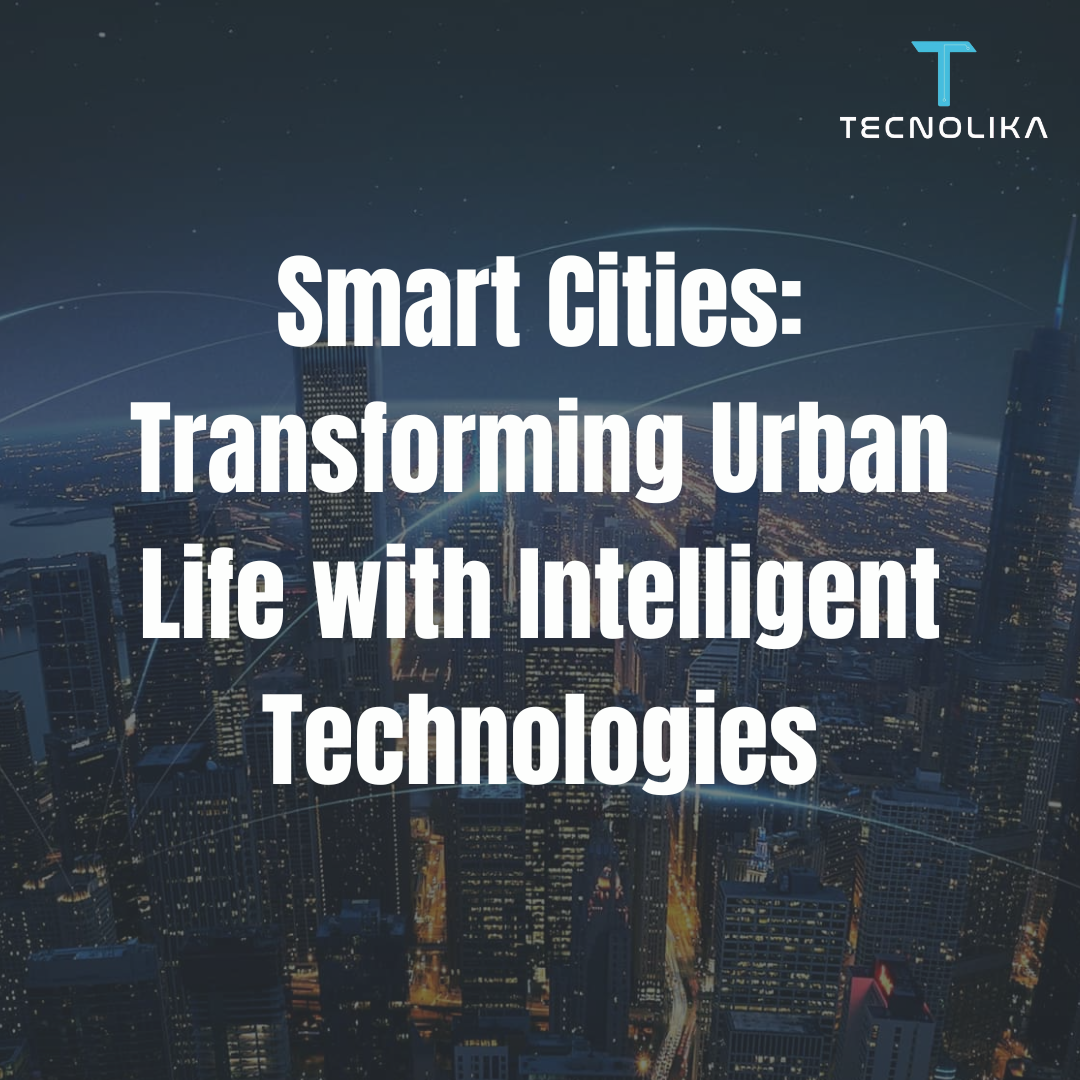

Close


In recent years, cities around the world have been undergoing a significant transformation, driven by the power of technology. The concept of smart cities has gained momentum as urban areas strive to enhance their infrastructure, energy efficiency, and overall quality of life. By leveraging intelligent technologies, these cities are paving the way for a more sustainable and connected future. In this article, we will delve into the role of technology in creating smart cities, exploring the realms of smart infrastructure, sustainable energy solutions, and the positive impact on residents’ lives.
Smart cities are urban areas that leverage advanced technologies to improve various aspects of city life. These technologies encompass a wide range of domains, including communication, transportation, energy, and governance. The primary goal of smart cities is to create a more efficient, sustainable, and livable environment for residents.
At the heart of smart cities lies the concept of smart infrastructure. This refers to the integration of digital and physical systems to optimize the functioning of a city’s core components. Intelligent transportation systems, for instance, utilize sensors and data analysis to manage traffic flow, reduce congestion, and enhance safety. Additionally, smart buildings equipped with automation and energy management systems contribute to energy conservation and cost efficiency.
Smart cities prioritize the adoption of sustainable energy solutions to reduce their environmental impact and dependence on fossil fuels. Renewable energy sources such as solar, wind, and hydro power play a pivotal role in achieving this objective. Through the installation of solar panels, wind turbines, and smart grids, cities can generate clean energy, reduce greenhouse gas emissions, and create a more resilient power infrastructure.
One of the key advantages of smart cities is the potential to significantly improve the quality of life for their residents. Intelligent technologies enable efficient resource allocation, better urban planning, and enhanced public services. For instance, smart waste management systems optimize garbage collection routes, leading to cleaner streets and reduced pollution. Moreover, the implementation of smart healthcare solutions enhances access to medical services and promotes preventive care.
While the advancements in smart city technologies bring about numerous benefits, they also raise concerns regarding security and privacy. As cities become more interconnected, there is a need to safeguard sensitive data and protect critical infrastructure from cyber threats. Governments and organizations must prioritize robust cybersecurity measures and ensure transparency in data collection and usage to maintain public trust.
The journey towards fully smart cities is an ongoing process. As technology continues to evolve, new possibilities emerge. Concepts like the Internet of Things (IoT), artificial intelligence (AI), and 5G networks have the potential to revolutionize urban life further. By harnessing the power of these innovations, cities can enhance connectivity, enable data-driven decision-making, and foster innovation and entrepreneurship.
In conclusion, smart cities are at the forefront of urban innovation, leveraging intelligent technologies to transform the way we live, work, and interact with our surroundings. Through the implementation of smart infrastructure, sustainable energy solutions, and a focus on improving quality of life, cities are poised to tackle the challenges of urbanization while creating a more sustainable future. However, it is crucial to address security and privacy concerns to ensure the long-term success of smart city initiatives. As technology continues to advance, the journey towards fully smart cities will undoubtedly present new opportunities and shape the urban landscape of tomorrow.